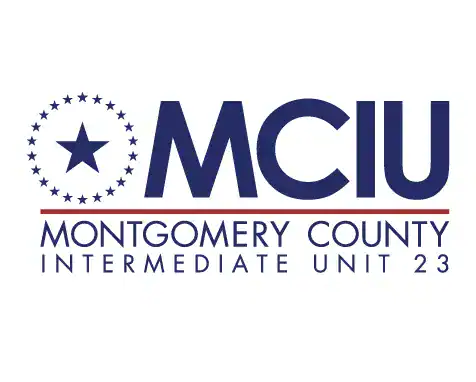COVID-19 Workplace Services
Keep your employees and workplace safe.Operating a Safe Workplace
The COVID-19 pandemic has disrupted society in countless ways. We are beginning to reinvent how we interact with our co-workers and customers. As an employer, you have new responsibilities. You need to adjust the setup of the workplace, and create new systems to help keep your employees and customers healthy. As you navigate our new reality, Liberty Urgent Care is here to help.
As an essential business, we have stayed open throughout the COVID-19 outbreak. Through this experience, we have refined our protocols for keeping our employees and patients safe. Now, we are ready to work with our occupational medicine clients to make sure you are prepared to operate in our current public health climate.

Return to Work Services
At Liberty Urgent Care, we strive to be your partner in keeping your workplace functioning at its best capacity, all while providing the utmost safety to your workers. COVID-19 has forced us to rapidly change the way we function on a day-to-day basis. Returning to a normal workplace poses even more challenges.
Liberty Urgent Care has developed a multi-tiered system to help ensure safe working conditions. We can evaluate your workplace, determine best COVID-19 safety practices and PPE supplies, and perform employee screening. We are available for consultation, on-site education, and direct implementation of the practices. Let’s get you and your employees get back to work!
The Program
#1
Evaluation of the Work Environment
#2
Personal Protective Equipment
#3
Staff Education
#4
Screening and Testing
#5
Follow up

COVID-19 Testing for Businesses
Liberty Urgent Care offers viral tests for the presence of COVID-19 infection, as well as serological tests for antibodies and potential immunity. Anyone can get tested, though supplies are limited.
- A viral test tells you if you have a current infection.
- An antibody test tells you if you had a previous infection
Viral COVID-19 Test
A viral test is an oral or nasal swab or saliva test that looks for evidence of an active viral infection. There are two major types: a PCR test and an antigen test. PCR tests checks for a virus’s genetic material, while antigen tests look for specific proteins on a virus’s surface. The viral test does not indicate if you were infected in the past.
COVID-19 Antibody Test
Antibody blood tests, also called serologic tests, check for the presence of antibodies to coronavirus in the blood. It can be used to detect a past infection. IgM and IgG are immunoglobulins produced by the immune system to protect against COVID-19. The level of IgM antibody begins to rise 1 week after the initial infection, while the rise in IgG usually appears after 14 days. Elevated IgG levels can last for 6 months or even several years. By testing for the presence of these antibodies, we are able to determine if a patient was previously infected by the coronavirus. The test does not diagnose an active infection or identify who is protected from reinfection.





